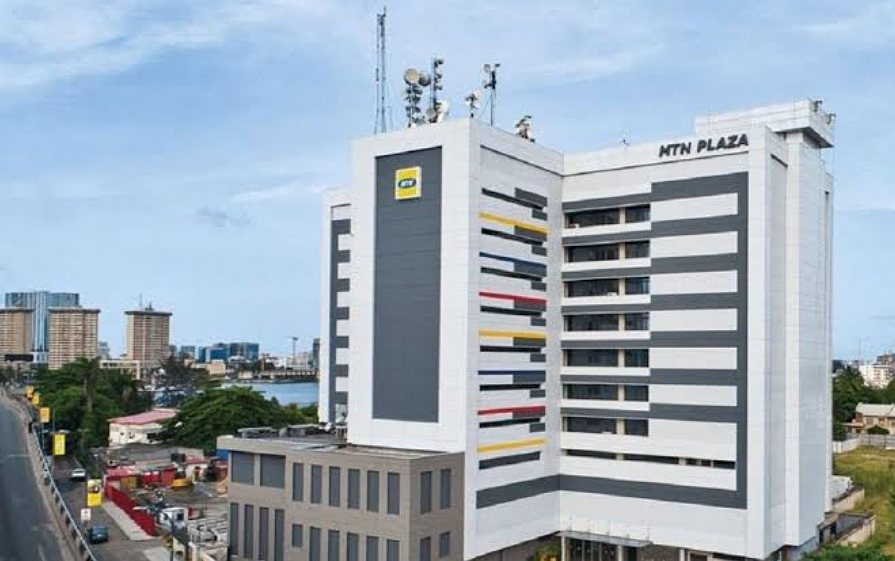Telecommunications giant MTN Nigeria announced on Friday the introduction of paper-based biodegradable eco-friendly SIM cards as part of its Project Zero goals to reduce greenhouse gas (GHG) and achieve net zero emissions by 2040.
The biodegradable paper-based SIM card, according to MTN, is safer for the environment since it promotes the management of products throughout their lifecycle in a way that decreases waste and stimulates circularity.
The announcement came barely a week since the Nigerian Communications Commission (NCC) announced plans to revise the 2016 corporate governance code and mandate sustainability reporting for telecom companies.
Read also: MTN Nigeria calls for tariff hike amid inflation, currency devaluation
Advantages of paper-based SIM over plastic-based SIM
MTN said it would gradually phase out plastic SIM cards as a demonstration of the company’s commitment towards reducing environmental pollution.
The SIM card change, according to the telecom operator, shows that MTN is continuously seeking ways to integrate sustainable practices into its day-to-day operations.
A major advantage of the biodegradable paper-based SIM cards is that it can decompose spontaneously and can be recycled, thereby lowering waste pollution unlike the SIM made of Polyvinyl Chloride (PVC).
Paper-based SIMs also lessens the carbon emissions from manufacture and disposal. This reduces the material problems with plastic SIM cards, such as their contribution to trash pollution, limited recycling options, and disposal in landfills or incinerators.
MTN said the move aligned with its commitment to “Doing for the Planet,” which includes emphasising environmental responsibility and reducing the company’s environmental impact through sustainable and ethical waste management techniques.
“Our new eco-friendly SIM cards represent part of our continuous commitment to environmental responsibility, as well as our dedication to reducing waste, supporting local Nigerian vendors, and integrating sustainability into business operations as well as the daily lives of the people”, said Tobe Okigbo, MTN’s Chief Corporate Services and Sustainability Officer.
Adekemi Adisa, General Manager of Sustainability and Shared Value at MTN, shared similar remarks on the development.
“Our people and the environment where they live drive the innovative measures we take,” said Ms Adisa.
“The launch of our recyclable SIM cards embodies our commitment to sustainability, encouraging our customers to make eco-friendly choices, reducing waste and paving the way for a more environmentally conscious future for Nigerians.”
Read also: Nigerian Telcos condemn Starlink’s price increment without regulatory approval
What you should know about paper-based SIM and plastic-based SIM cards
With the growing awareness of how human actions affect the environment, mobile network providers around the world are lowering their carbon footprints. Consequences, paper-based, biodegradable SIM cards have been released.
Conventional SIM cards are generally composed of non-renewable plastic materials that come from fossil fuels. These cards have been the standard across the continent.
Millions of discarded plastic SIM cards wind up in landfills and the ocean, endangering the environment and marine life. This adds to the rising worldwide plastic waste catastrophe.
The paper used to make paper-based SIM cards, or bioSIMs, is 100 percent certified by the Forest Stewardship Council (FSC), indicating that the paper’s source forests are sustainably and ethically managed. These bioSIMs will gradually and safely disintegrate in the natural world after being abandoned.




